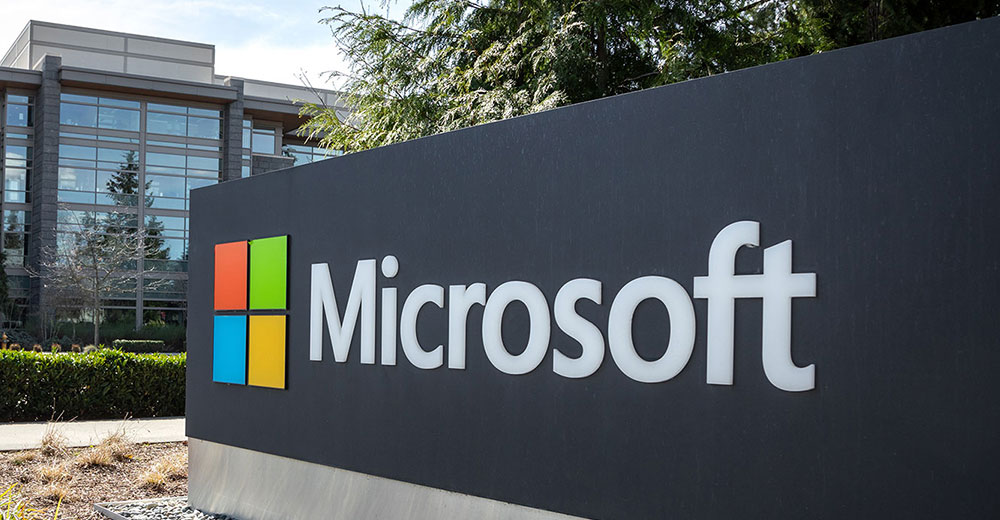Microsoft this week became a premium sponsor of the Open Source Initiative, adding more financial heft to its growing commitment to the open source software movement.
The company’s new financial support will not translate into any special influence in the organization’s decision making, noted OSI General Manager Patrick Masson.
“OSI Corporate Sponsors have no role in OSI governance,” he told LinuxInsider. “For example, a sponsor is not provided a board seat or any other role in our operations.”
Founded in 1998, the Open Source Initiative is a global nonprofit organization dedicated to promoting and protecting open-source software through education, collaboration, and infrastructure. Based in California, OSI is a public benefit corporation with 501(c)(3) tax-exempt status.
Tiered Support
Premium sponsorship is simply a higher level of financial commitment to the OSI. The amount of the contributions varies based on the sponsor’s annual revenue, explained Masson.
Companies that contribute at a lower level are recognized as “sponsors.” Organizations that provide in-kind donations, such as hosting, are recognized as “supporters.”
“Organizations like Microsoft would contribute a greater amount than smaller companies, e.g. USB Direct, to be listed as a ‘premium sponsor,'” Masson said.
In appreciation of their donations, sponsors are recognized on OSI marketing and promotional materials such as websites and brochures. Premium sponsors may also receive a tax deduction if their jurisdiction of incorporation recognizes OSI’s nonprofit status.
OSI shares information related to its sponsors’ developments or activities that align with its mission to promote and protect open-source software and communities.
“To be clear, we would not promote a sponsor’s products or services but would share any activities that highlight the value, adoption, etc., of open source,” said Masson.
Matter of Degrees
Whatever the level of sponsorship, the companies backing OSI help to support the spread and success of open-source products. Masson noted that Microsoft’s involvement emphasizes just how far the open-source software movement has progressed.
In years past, Microsoft and the open-source movement engaged in open warfare. Now, the company is a paying player in the movement and the No. 1 open-source contributor on GitHub.
“I think that any contribution and support to open source software is a good thing. I just hope that their efforts are honest and sincere and not simply part of a deceptive marketing plot,” said Peter Yang, cofounder of ResumeGo.
“While many people are skeptical of their motives, I think that if we reward the changes in Microsoft’s behavior with more distrust, we would not be giving them a fair chance,” he told LinuxInsider.
More to It
Microsoft’s involvement with OSI has immense symbolic weight, especially given the company’s past fractious relationship with all things open source, noted Charles King, principal analyst at Pund-IT.
Still, it’s unlikely that it will result in the spread of open source to any significant degree.
“Linux and open source have flourished for over two decades despite the resistance and opposition of sizable foes, including Microsoft,” King told LinuxInsider.
“Open source won the revolution — especially in the data center. Thinking that Microsoft’s change of heart will tangibly speed that continuing growth and success is not likely or realistic,” he said.
Microsoft’s Path to Open Source
Microsoft’s history with the OSI began in 2005 with the submission of the Microsoft Community License. In August of 2007, it submitted its Microsoft Permissive License.
Perhaps the open-source software community really started taking Microsoft more seriously when the company released its .Net framework under an open-source license in 2014.
Since then, Microsoft has increased its participation in the community, releasing products like Visual Studio Code and Typescript to open source.
More recently, Microsoft brought Bash/Linux to Windows 10 and expanded its support for Linux and open-source workloads on its Azure cloud platform. The company also joined The Linux Foundation, an OSI Affiliate Member, and has worked on many of its projects.
Open source is more prevalent in Microsoft’s products today. the company works with open-source companies such as Canonical, Red Hat, and Suse.
“This is a significant milestone for the OSI and the open source software movement more broadly,” said OSI’s Masson. “I don’t think there could be any greater testament to the maturity, viability, interest, and success of open source software than not only Microsoft’s recognition but also their support as a sponsor, as well as their participation as contributors to so many open source projects and communities.”
Successful Tactics
Microsoft’s growing kinship with open source will benefit the community in many ways, Masson said. Its financial contributions, together with those from other sponsors and members, support day-to-day operations and infrastructure maintenance, allowing the OSI to continue its mission.
“I think it is also fair to say how proud we are of the open source community and our own work,” he added, “where advocacy takes the form of quiet persuasion rather than public activism.”























































